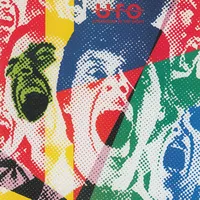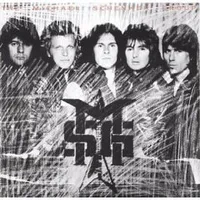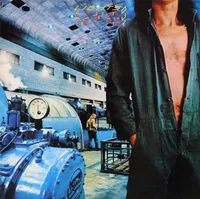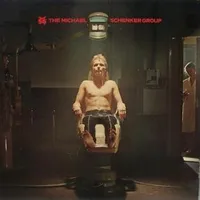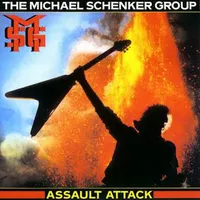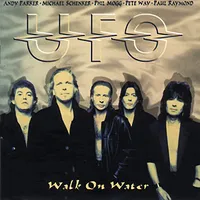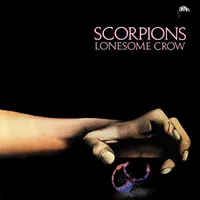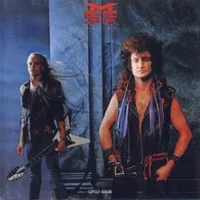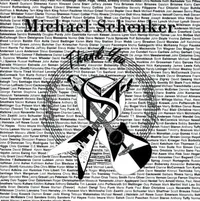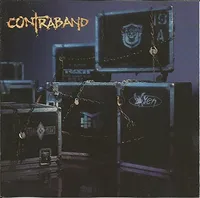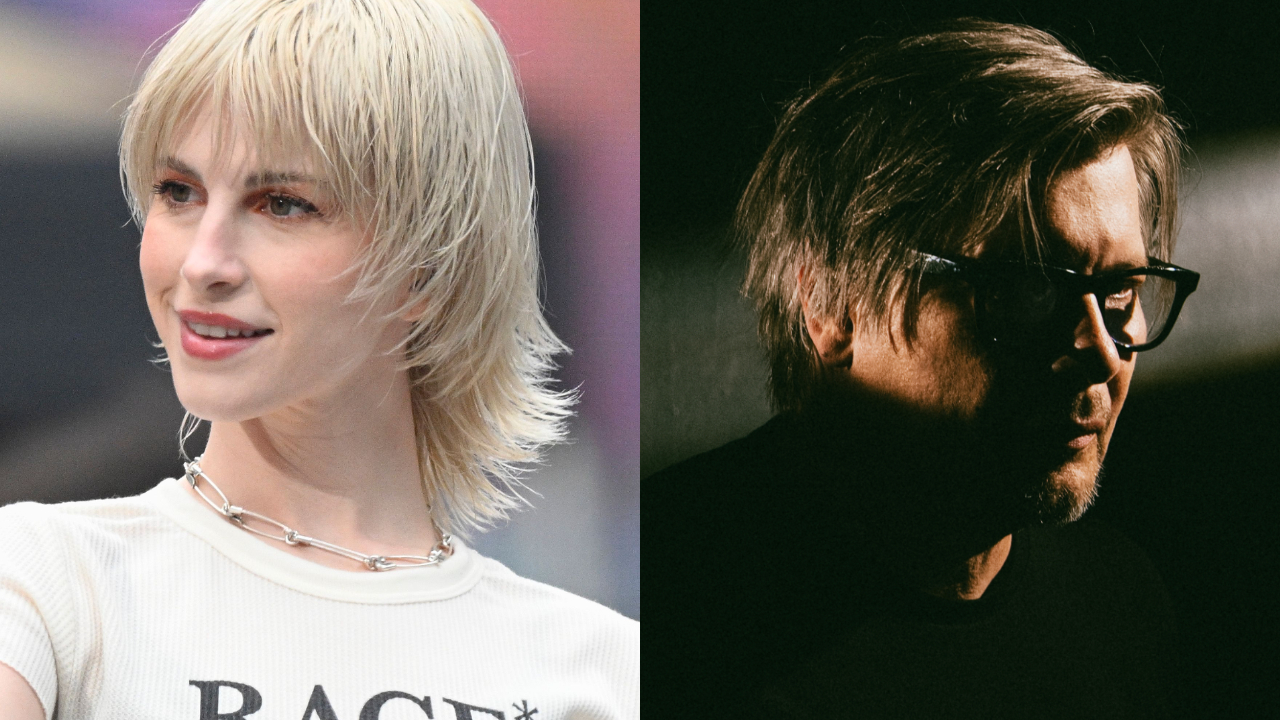The Michael Schenker albums you should listen to, and one to avoid
From teenage Scorpion to UFO, MSG and beyond, guitar hero Michael Schenker has had both hands in some of hard rock’s great albums

Select the newsletters you’d like to receive. Then, add your email to sign up.
You are now subscribed
Your newsletter sign-up was successful
Want to add more newsletters?

Every Friday
Louder
Louder’s weekly newsletter is jam-packed with the team’s personal highlights from the last seven days, including features, breaking news, reviews and tons of juicy exclusives from the world of alternative music.

Every Friday
Classic Rock
The Classic Rock newsletter is an essential read for the discerning rock fan. Every week we bring you the news, reviews and the very best features and interviews from our extensive archive. Written by rock fans for rock fans.

Every Friday
Metal Hammer
For the last four decades Metal Hammer has been the world’s greatest metal magazine. Created by metalheads for metalheads, ‘Hammer takes you behind the scenes, closer to the action, and nearer to the bands that you love the most.

Every Friday
Prog
The Prog newsletter brings you the very best of Prog Magazine and our website, every Friday. We'll deliver you the very latest news from the Prog universe, informative features and archive material from Prog’s impressive vault.
In the early 80s there was an official Michael Schenker Group T-shirt emblazoned with the slogan: ‘EARSPLITTENZELOUDENBOOM!’ It was both an affirmation of Schenker’s hard-rocking credentials and a self-deprecating joke from the foremost exponent of what was once described as ‘Teutonic top-string torturing’.
Michael Schenker is a genuine guitar hero. His best work with UFO, MSG and the Scorpions elevated him to legendary status. And his signature style – crunchy riffs and fiery, melodic solos, played on his trademark Gibson Flying V – inspired a generation of guitarists including Slash, Kirk Hammett and Randy Rhoads.
Michael Willy Schenker was born in Sarstedt, Germany on January 10, 1955. He was just 16 when he made his recording debut alongside elder brother Rudolf on the Scorpions’ first album, Lonesome Crow, released in 1972. Just a year later he joined British rock band UFO, with whom he would achieve worldwide fame.
Between 1974 and 1978 Schenker made five brilliant records with UFO, but left the band after recording the classic live album Strangers In The Night. As UFO bassist Pete Way later explained: “We got worn out on the road. Maybe it was the drugs, with all of us.” And it was during the wild days of UFO that Schenker earned the nickname Mad Michael that would stick like glue. As Schenker, now sober, said recently: “I was living on the edge.”
After UFO he returned briefly to the Scorpions and also auditioned for Aerosmith (to replace the temporarily absent Joe Perry) before forming the Michael Schenker Group. In the early 80s he made some of his definitive music with MSG, and at the end of that decade he teamed up with singer Robin McAuley in the rebranded McAuley Schenker Group.
Since then Schenker has worked, on and off, with various line-ups of MSG, made more than a dozen albums as a solo artist, and even buried the hatchet with UFO for long enough to make three more albums.
For his most recent release, 2024’s My Years With UFO album, Schenker lured Axl Rose into the studio as part of a stellar line-up that also featured Slash, Dee Snider, Joel Hoekstra, Joey Tempest, Roger Glover, Carmine Appice, Joe Lynn Turner, Erik Grönwall and Biff Byford, testament to the respect he continues to command. And with Grönwall now fronting a new version of MSG, it's clear Schenker isn’t finished yet.

UFO - Strangers In The Night (Chrysalis, 1979)
Schenker walked out on UFO before this album was released. And although he would rise again with MSG, he was never better than on Strangers In The Night. Recorded at six US gigs in October 1978, it’s one of the classic double live albums.
At this point in their career, UFO were at the top of their game – Schenker especially so. And what producer Ron Nevison captured were definitive versions of their greatest songs: Doctor Doctor, Rock Bottom, Love To Love, Only You Can Rock Me, This Kid’s. Writing for Sounds in 1979, Classic Rock’s Geoff Barton summed up the magnitude of this album by spelling it out: “T-I-T-A-N-I-C.”
The Michael Schenker Group - MSG (Chrysalis, 1981)
Both of MSG’s first two albums are great, but this second is marginally the better. Schenker had assembled a stellar band: frontman Gary Barden, drummer Cozy Powell, bassist Chris Glen and Michael’s old UFO bandmate Paul Raymond on keyboards and rhythm guitar.
The album had bombastic hard rock in the self-mythologizing Attack Of The Mad Axeman and the gonzoid Ready To Rock; melodic sophistication in On And On; and in Looking For Love, arguably the greatest soloing that Schenker has ever recorded. And Barden – the definitive MSG singer – was at his peak.
UFO - Lights Out (Chrysalis, 1977)
Of the five studio albums that Schenker made with UFO during their imperial phase in the 70s, Lights Out is the best. “We weren’t really getting along that well,” he later said. “But we managed to release all that emotion into the music. That’s why Lights Out has that extra edge.”
With Ron Nevison producing them for the first time, the band sounded bigger and better than before. The title track went at a gallop, with Schenker at his most explosive. And on Love To Love – the proto-power ballad rated by Iron Maiden’s Steve Harris as UFO’s greatest song – Michael’s solo is a thing of beauty.
The Michael Schenker Group - The Michael Schenker Group (Chrysalis, 1980)
The first MSG album was a triumph that was all the more remarkable given the meltdown that Schenker experienced while making it. “I cracked up,” he said candidly in 1980.
For this album MSG existed more as a concept than as an actual band, with Schenker and Gary Barden joined by session players drummer Simon Phillips and bassist Mo Foster, plus Rainbow’s Don Airey on keyboards. But the album was cohesive, powerful, and featured some of the great, defining songs of Schenker’s career.
The Michael Schenker Group - Assault Attack (Chrysalis, 1982)
Graham Bonnet’s brief tenure in MSG is remembered chiefly for how it ended. During a gig at Sheffield University (a warm-up for the band’s headline spot at the 1982 Reading Festival), he was blind drunk, and, in his words, “My fly split and my penis fell out.”
He was promptly fired, two months before Assault Attack, his only album with MSG, was released. For all that, the album was one of MSG’s best. Bonnet had proved with Rainbow that he was a great singer, and he and Schenker worked together brilliantly, most notably on the Zeppelin-inspired epic Desert Song.
UFO - Walk On Water (CMC, 1995)
The album’s title was most apt. For UFO fans, the return of Michael Schenker to the band was nothing short of a miracle. Walk On Water was his first new album with UFO for 15 years. It featured the same line-up that had cut Obsession in ’78, and the same producer, Ron Nevison.
The result was an album comparable to their greatest work. It had brilliant songs (Venus, Darker Days, Dreaming Of Summer), Phil Mogg, a hugely underrated singer, had lost none of his charisma, and Schenker was back to his best. It proved, yet again, that he and UFO were made for each other.
Scorpions - Lonesome Crow (Brain, 1972)
He was certainly a precocious talent, a 16-year-old wünderkind who had a starring role on the Scorpions’ debut album. And while that band’s earliest music was very much of its time, heavy rock with a funky, psychedelic vibe, the young Michael played it with an authority beyond his years.
His touch is subtle on the melancholy In Search Of The Peace Of Mind, and on the trippy, 13-minute title track his fluid solos have echoes of Hendrix. Small wonder that UFO were quick to poach him. But Schenker recorded again with the Scorpions, on their landmark 1979 album Lovedrive, playing lead on three tracks.
The McAuley Schenker Group - Perfect Timing (EMI, 1987)
The renaming of MSG was proof of Schenker’s faith in Robin McAuley, the Irish singer who had previously fronted pomp-rock also-rans Grand Prix and also sang on the Far Corporation’s hit version of Stairway To Heaven. Certainly McAuley had a strong voice – and an astonishing mullet. And on Perfect Timing, his debut with Schenker, he lived up to his co-star billing.
It wasn’t equal to the original MSG, but the arena-rock anthem Gimme Your Love was a minor hit in the US, and there were echoes of vintage Schenker on standout I Don’t Wanna Lose and the self-explanatory Rock ’Til You’re Crazy.
Michael Schenker - Thank You (MSR, 1993)
With MSG in the early 80s, Schenker recorded various instrumental tracks as showcases for his virtuoso skills: Into The Arena was all about his mastery of the heavy riff; Captain Nemo, a manic widdle-fest; Courvoisier Concerto, from 1982’s double-live One Night At Budokan, more classically melodic.
In the next decade he made instrumental music of a different kind with the solo acoustic album Thank You: 14 tracks of meditative and finely crafted mood music. He played beautifully on Faith And Trust, and dazzlingly fast on Courage And Confidence. A guitar hero, whatever the setting.
...and one to avoid
You can trust Louder
Contraband - Contraband (Impact/EMI, 1991)
In the year when grunge really arrived, Schenker was in a supergroup with a bunch of LA hair-metal stars whose glory days were ending.
From the outset, Contraband were doomed to fail. Alongside Schenker were guitarist Tracii Guns (LA Guns), drummer Bobby Blotzer (Ratt), bassist Share Pedersen (Vixen) and singer Richard Black of the little-known Sunset Strip scenesters Shark Island. Together they sounded like Billy Idol fronting Bon Jovi on a bad night. When the album stiffed, Contraband quickly broke up. Schenker made some mistakes in his career, but none bigger than this.
Sign up below to get the latest from Classic Rock, plus exclusive special offers, direct to your inbox!
Freelance writer for Classic Rock since 2005, Paul Elliott has worked for leading music titles since 1985, including Sounds, Kerrang!, MOJO and Q. He is the author of several books including the first biography of Guns N’ Roses and the autobiography of bodyguard-to-the-stars Danny Francis. He has written liner notes for classic album reissues by artists such as Def Leppard, Thin Lizzy and Kiss, and currently works as content editor for Total Guitar. He lives in Bath - of which David Coverdale recently said: “How very Roman of you!”
